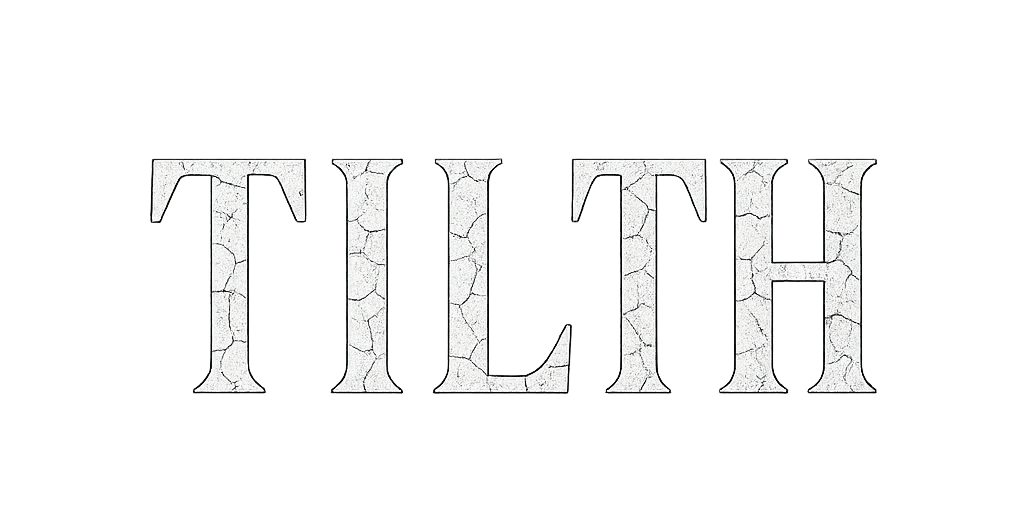
SYNOPSIS
A father, who raises his son almost single-handedly due to circumstances on which no special emphasis or judgment will be placed, will tell us and relive his parenting story. A son, who has received a progressive and diverse education, accompanied by a family environment of the father’s gay friends, an unconventional grandmother, and love stories of stepmothers who never acted as such.
At a moment in adolescence, without warning—as usually happens—the rebellion against all this generosity and idealism of education and care will be questioned: the son will start having homophobic, xenophobic, and problematic attitudes regarding the values he has lived and received at home.
And this is what will generate the great dilemma for the father: to what extent should these questionings—typical of the age—be allowed within his home, when they offend himself and his environment?
How long should he endure and take responsibility, as a guardian, for someone who poses ideas and defends values that seem deplorable and contrary to his principles? Does the fact of being a “father”—something he devoted himself to with his entire being for 16 years—perhaps prevail over the integrity of his adult person?
AUTHOR’S WORDS
ARTIGA explores what happens when a parent wants to ‘divorce’ or relinquish parental authority and responsibility for an underage adolescent child with whom they already clash—de facto—over political and intellectual ideals that wound their integrity as an adult.
I know that, at first glance, the idea may sound harsh or abrupt, but after so many years and so many works written from a youthful perspective, it is time—without abandoning that audience or my tone—to focus on the contradictions a parent feels when they grow uncomfortable setting boundaries and feel almost compelled to consider giving up on their teenage son or daughter…
What would happen if the child you raised in diversity becomes openly homophobic?
What if your own daughter physically attacks a homeless person simply out of aporophobia?
What would you do if a minor child—armed with political convictions, intellectual maturity, and psychological, cognitive, and emotional tools—arrives at the parental home espousing far-right ideas and then assaults your partner or a friend because of their sexual orientation, gender identity, religion, or skin color?
How does one accept that?
Or rather, should one accept it? Should one confront it?
And what if, even after confronting them and talking to them, your son or daughter remains steadfast in those ideas? Must you continue as their guardian, and thus bear responsibility for their actions, tolerating those aggressions under your own roof, against your social circle, against your values as a human being and citizen?
This is the dilemma I have set out to explore and wanted to capture in ARTIGA, and the spark that ignited the writing of this monologue.
Daniel J. Meyer
POSTER
INFORMATION
YEAR |
2024 |
PREMIERED |
2025 (Sala Mercantil) |
GRANTS- SCHOLARSHIPS |
—– |
CAST |
1 actor (35-50 years old) |
MATERIAL DESCARGABLE |
|
TRANSLATIONS |
Original: Catalan
|
INTERNATIONAL |
|
AWARDS |
|
PUBLICATIONS |
To request foreign right of any play and/or translations
Write an email to marmontavez@deartecheagency.com or ask for the translation through catalandrama.cat
